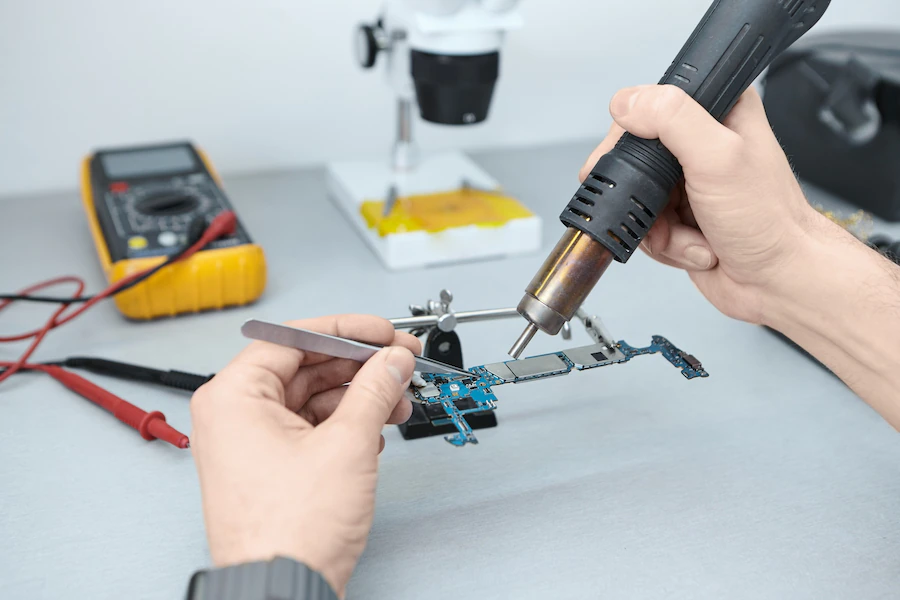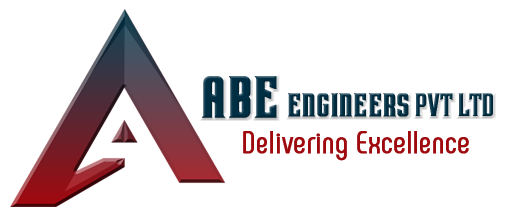Calibration Lab
Calibration Lab

Calibration is the act of testing and adjusting the precision and accuracy of an instrument. They use it in research labs to ensure correct data. Understanding calibration, how it works, and why it is so critical will help you run a more precise and accurate lab.
Calibration is the act of testing and adjusting the precision and accuracy of an instrument. They use it in research labs to ensure correct data. Understanding calibration, how it works, and why it is so critical will help you run a more precise and accurate lab.
The lab needs instrument calibration in order to reduce the bias in an instrument’s readings. Both precision and accuracy of instrumentation are necessary. Precision is the degree to which repeated measurements without change of conditions will show the same result. Accuracy is the degree of closeness of measurements of a quantity to its actual true value.
Calibration compares a standard measurement to the measurement taken by your instrument. While the accuracy of your instrument may not be the same as the standard, there is an acceptable accuracy ratio. Your instrument will need to measure up to the requirements.
All instruments that require calibration have a different set of standards and it takes specific knowledge. You will need calibration of your instruments by experts. An ISO 17025 accredited lab is one that meets these requirements.
You will need to send out your items to the lab so they can calibrate them. The lab will send your instruments back with a report of the errors they found and the reduction in errors after they have calibrated it.
Why Does it Matter?
There are several significant reasons why having instrument calibration is important.
- Saves Money – Discovery inaccuracies will stop production whether you are a manufacturer or in a research lab. The longer it takes to get the inaccuracies noticed the more costly the mistakes will be. Which is why routine maintenance is so important.
- Safety – In many lab scenarios, there are dangerous materials being processed. Having inaccurate data can put the lab staff in danger. Calibration allows for getting accurate numbers, which keeps everyone safe.
- Instruments Last Longer – Instruments can degrade for a number of reasons, how much you use them, the environment in which you use the equipment. Calibrating your equipment and keeping it up to standards can help the length of usage. Saving you the trouble of buying new instrumentation.
- Certification – In a number of industries, certification is a must for certain tasks. In this case, you must have up-to-date calibrations on your instruments to stay in business.
Calibration should be repeated when:
- The instrument or reagent manufacturer’s instructions says it is necessary
- Every time a reagent lot is changed
- Whenever quality control results show a systematic bias
- After major instrument maintenance that can cause shifts in quality control
- When reagents have poor stability
